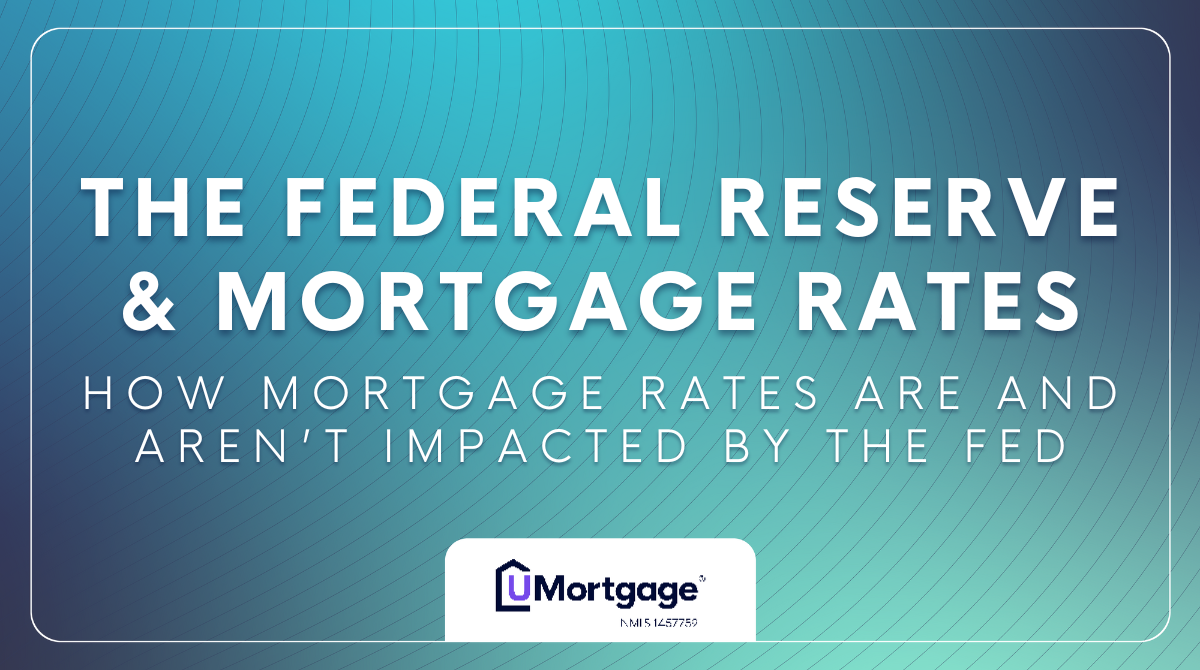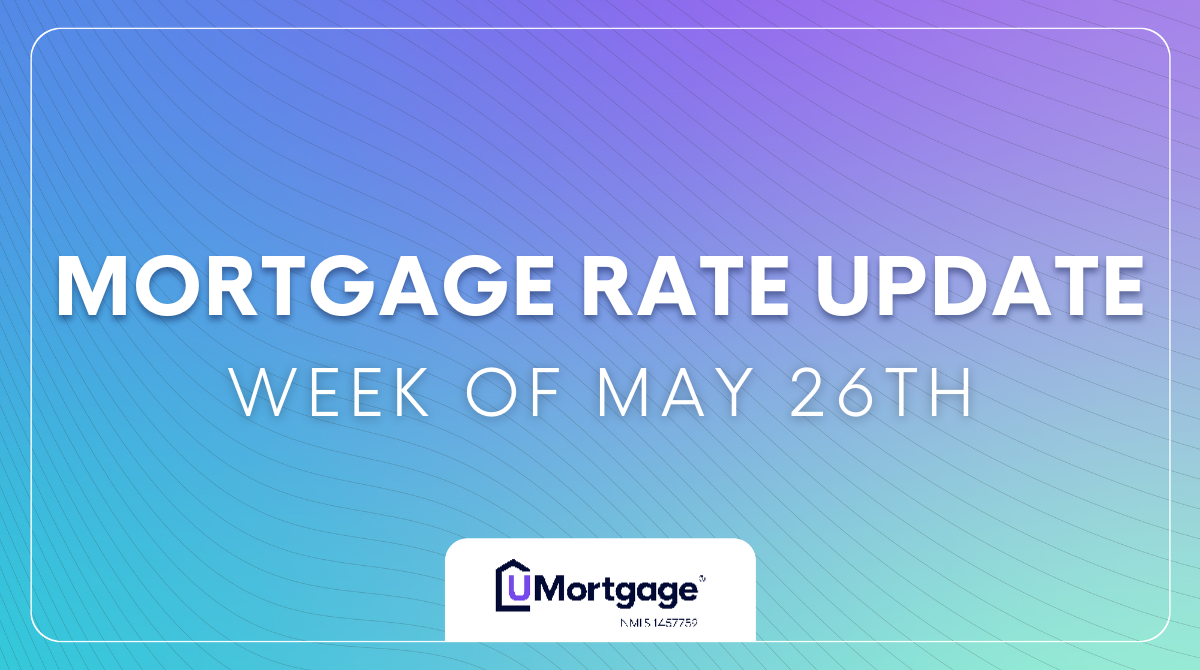

Philip Fasoro
Meet Philip!
My mission is to help as many families as possible achieve their dream of home ownership. I will assist you in choosing the loan options that works best for you and your family. Give me a call today!!
Serving Homebuyers In:
- Florida
- Georgia
- Texas
Mortgage Calculators
Monthly Payment
Find your monthly payment
What does a monthly mortgage payment look like for you? Get an estimate with some basic information.
Estimated Monthly Payment
The UMortgage mortgage calculators are for estimation purposes only. This is not a commitment to lend. For an exact quote based on your individual financial circumstances, please contact me.
Affordability
What is your budget?
Curious about how much you can afford to spend on a home? Use our calculator to get an estimate on your maximum budget.
Maximum Home Price
Maximum Monthly Payment
The UMortgage mortgage calculators are for estimation purposes only. This is not a commitment to lend. For an exact quote based on your individual financial circumstances, please contact me.
Refinance
Should you Refinance?
Refinancing might save money on your monthly mortgage payments, putting cash in your pocket. With some basic information from you, we can help decide if this is a good path for you.
Monthly Savings
Total Savings
The UMortgage mortgage calculators are for estimation purposes only. This is not a commitment to lend. For an exact quote based on your individual financial circumstances, please contact me.
VA Entitlement & Payments
Discover Your Buying Power With Our VA Home Loan Calculator!
If you are a veteran, an active-duty member of the military, or the spouse of a current or former military member, you are eligible to purchase a home with your VA home loan benefit! By using the calculator below, you can get a glimpse into your buying power and the estimated monthly payment of your VA loan as you start planning your homebuying journey.
Estimated Monthly Payment
Required Down Payment
Limit
$0
Entitlement Used
$0
Available Entitlement
$0
No Limit
How is my monthly payment calculated?
The UMortgage mortgage calculators are for estimation purposes only. This is not a commitment to lend. For an exact quote based on your individual financial circumstances, please contact me.
Your Mortgage Questions, Answered!

How the Federal Reserve Impacts Mortgage Rates (And How It Doesn't)
If you’ve been watching the news lately, you’ve probably seen a lot of headlines about the Federal Reserve and interest rates. And if you're a homebuyer or a real estate agent working with buyers, you might wonder: Does the Federal Reserve control mortgage rates? It’s a great question. And the short answer is: Not necessarily. The longer answer is a bit more nuanced because while the Fed does play an important role in the economy, it doesn't directly control mortgage rates. What Is the Federal Reserve and the Federal Funds Rate? The Federal Reserve—often referred to simply as the Fed—is the central bank of the United States. Its primary job is to keep the economy healthy by keeping inflation in check, supporting the labor economy, and promoting stable & sustainable economic growth. One of the main tools the Fed uses to manage the economy is the Federal Funds Rate. This is the interest rate banks charge one another for overnight loans. While consumers don’t pay this rate directly, it has a ripple effect across the economy, influencing rates on credit cards, auto loans, and savings accounts. How the Federal Funds Rate Influences the Economy When the Fed raises the Federal Funds Rate, it becomes more expensive for banks to borrow money. That tends to result in higher borrowing costs for consumers and businesses in an attempt to slow down inflation and prevent the economy from overheating. When the Fed lowers the rate, borrowing becomes cheaper. This encourages more spending and investment, often a strategy used during economic slowdowns or recessions. Important distinction: The Federal Funds Rate influences the economy, but it does not directly control mortgage rates. Why Mortgage Rates Don’t Always Follow the Fed Here’s where a lot of confusion begins. Many people assume that when the Fed raises interest rates, mortgage rates automatically rise too. But that’s not how it works. Mortgage rates are driven by a different set of economic factors, mainly the bond market. Specifically, rates are closely tied to the 10-year Treasury yield and the performance of mortgage-backed securities (MBS). Investors who buy these securities care most about the labor market, inflation, the long-term economic outlook, and market stability/instability If inflation is rising or expected to rise, mortgage rates tend to increase. If economic conditions appear weak or uncertain, rates can fall, even if the Fed is raising the Federal Funds Rate. In fact, mortgage rates often move in anticipation of what the Fed might do, not just in response to what it has done. The markets are always looking ahead. What Really Drives Mortgage Rates? Here’s a quick snapshot of the major factors that impact mortgage rates: Inflation: Higher inflation usually = higher mortgage rates. Economic Growth: A strong economy can lead to higher rates. Global Events: Uncertainty (like geopolitical conflict or pandemics) can drive rates lower. Bond Market Demand: More demand for mortgage bonds often = lower mortgage rates. In other words, mortgage rates are influenced by a wide range of factors and are always forward-looking. Want more in-depth analysis of the housing market? Check out our weekly Housing Market Update blog. How Homebuyers and Real Estate Can Navigate the Market For homebuyers and the real estate agents supporting them, the key takeaway is this: Don’t assume that a Fed rate cut means mortgage rates are going down. In some cases, mortgage rates don’t move much on the day that the Fed cuts rates. Most of the time, they will drop in the lead-up to a Fed Meeting if a rate cut is expected. Other times, they might drop after a Fed announcement, depending on how markets interpret the economic outlook. If you’re considering buying a home or are an agent for a hesitant buyer, here’s how you should navigate periods of market instability: Focus on personal goals and timing, rather than trying to time the market. Work with a knowledgeable mortgage professional who can explain how market shifts impact your unique situation. Make informed decisions based on the bigger picture, not just headlines. Whether you're buying, selling, or considering a refinance, UMortgage Loan Originators are here to help you navigate the market with confidence and leverage homeownership to build wealth. If you’re curious about your homebuying or refinance options and want expert guidance, fill out this form to get connected with a UMortgage Loan Originator in your area!

Housing Market Update | Week of May 26th
Mortgage rates dropped early Friday morning, but this slight dip wasn’t enough to cancel out an early week spike. Rates rose early in the week after the House passed President Trump’s tax & spending bill, which is likely to increase the U.S. deficit and weaken the bond market. The announcement of proposed tariffs on imports from the EU and Apple products caused rates to drop heading into Memorial Day weekend, but rates are back up again this morning after Trump announced a delay on those tariffs. This week will likely see the bond market continue to react to the ongoing trade war until Friday’s big PCE inflation report. Last Week's Mortgage Rate Recap Rates Rose Slightly Last week was a bumpy one. The week started with the United States’ credit rating being downgraded by Moody’s, which caused the 10-year and mortgage rates to rise. That rise continued after the House of Representatives passed President Trump’s tax & spending bill—a bill that could see the U.S. deficit rise by more than $3 trillion over the next decade, according to a report by the U.S. Congress’ Joint Committee on Taxation. Fortunately, the bond market and mortgage rates got some relief on Friday as social media posts by President Trump announcing tariffs against Apple and imports from the EU prompted a stock market sell-off and funds funneled into the bond market. This Week's Mortgage Rate Forecast Rates Could Be Volatile We’re expecting another week of ups and downs, with mortgage rates likely reacting to the news cycle until Friday’s PCE inflation report—the Federal Reserve's preferred inflation report. Here’s what’s impacting rates in the week ahead: One market-moving headline already hit: over the weekend, the Trump administration delayed proposed tariffs on EU goods until July 9th. That led to a shift back into stocks this morning, causing bond yields (and rates) to tick up again. Between now and Friday, expect the bond market to respond to any updates around trade policy, Fed commentary, or global economic news. Friday’s PCE report for April 2025 is likely still too early to show the economic impact of tariffs, but will still provide important insight into things like consumer spending & consumer sentiment. Despite all the noise, the outlook for mortgage rates remains cautiously optimistic. Fannie Mae recently revised their forecast downward, now expecting the average 30-year fixed rate to land at 6.1% by the end of 2025 and 5.8% by the end of 2026. In times of uncertainty like this, it’s more important than ever to stay aligned with your UMortgage Loan Originator to keep your clients confident and active throughout their homebuying journey. As the week progresses, make sure to stay in touch with your UMortgage Loan Originator for real-time market updates.

How to Seamlessly Sell Your Current Home and Buy Your Next One
As a homeowner, you've already taken one of the biggest and smartest steps toward building long-term wealth. But what happens when your current home no longer fits your needs? It’s more common than you’d think. In 2024, 76% of homebuyers were already homeowners. When you’ve put together the savings for a down payment and built equity by paying your mortgage every month, buying your next home becomes a lot easier. But even for experienced homeowners, the process of selling and buying at the same time can feel overwhelming. Whether you're upsizing, downsizing, or relocating, this guide will walk you through what actually happens when you sell your home to buy another one—plus the financing solutions that can help you use your existing equity without creating extra financial stress. What Happens to Your Current Mortgage When You Sell Your Home? If your mortgage is paid off by the time you list your home, you get to pocket the profit from the sale after closing costs, repairs, and any buyer contingencies are accounted for. If you still owe a balance on your mortgage, the proceeds from the sale will first go toward paying off your remaining loan. This happens during the closing process, and any remaining profit—also known as your equity—comes back to you. For example, if your home sells for $400,000 and your remaining mortgage balance is $250,000, you’ll walk away with the difference (minus closing costs and agent commissions). That’s nearly $150,000 in potential funds to use toward your next home purchase. If your home sells for less than what you owe (rare in today’s equity-rich market), you may need to bring money to the closing table or work with your lender on a solution. Your UMortgage Loan Originator can walk you through all scenarios so you’re never caught off guard. How to Use Your Current Equity to Move Up into Your Next Home Equity is your secret weapon when it comes to moving into your next home. It's why repeat buyers in 2024 put down a median of 23%—the highest in over two decades. When it’s time to make your next move, the equity in your current home can be used to: Make a down payment on your new home Cover closing costs (on both transactions) Reduce the size of your new mortgage This is especially helpful if you’re moving into a more expensive home. When you have access to funds upfront, you can avoid mortgage insurance, reduce your monthly payments, and potentially secure better loan terms. The key is timing. To unlock your equity, you usually need to sell your current home first or explore financing options that allow you to tap into that equity before the sale closes, which we'll cover next. Programs That Help Existing Homeowners Buy Their Next Home Selling and buying at the same time can feel like a juggling act. Luckily, UMortgage offers several solutions that can make it easier—especially if you want to buy before you sell. HELOC (Home Equity Line of Credit) A HELOC lets you borrow against your home’s equity while you still own it. Think of it like a credit card with a revolving line of credit. You can use the funds as a down payment on your new home, and then pay off the HELOC once your current home sells. This is a great option for homeowners with significant equity who plan to sell shortly after purchasing their new home. Bridge Loan A bridge loan is a short-term loan that “bridges” the gap between buying your new home and selling your current one. It typically uses your existing home as collateral and comes with terms between 6 months and 3 years. Bridge loans are typically used in one of two ways: To make a down payment on your new home: Great if you can’t afford two mortgages at once. To pay off your current mortgage and cover your next down payment: Best for homeowners with a relatively low mortgage balance. Because they come with higher interest rates than traditional mortgages, bridge loans work best for buyers with strong credit and a solid plan to sell quickly. If your home takes longer to sell than expected, you could end up managing two (or more) monthly payments. Home Sale Contingency A home sale contingency allows you to make an offer on a new home that’s dependent on your current home selling first. It protects you financially in case your existing home doesn’t sell in time. Just keep in mind that in a competitive market, sellers may favor buyers without contingencies. Your UMortgage Loan Originator can help you weigh the pros and cons. What to Consider Before You Sell Selling your home to buy a new one is one of the greatest wealth-building benefits of homeownership. But with so many moving parts, it’s important to plan ahead. Here’s where to start: Evaluate Your Equity & Finances Start by estimating how much equity you’ve built. Subtract your remaining mortgage balance from your home’s current value. Not sure what your home is worth today? Your UMortgage Loan Originator can provide a free home value assessment. Next, look at your full financial picture. Review your income, debts, and monthly expenses to determine what kind of mortgage you’ll qualify for on your next home. A mortgage pre-approval can give you clarity and a competitive edge. Set Your Timeline Try to align your sale and purchase timelines to minimize the gap between closings. This helps you avoid the hassle of temporary housing or paying two mortgages at once. A coordinated closing—where you sell and buy on the same day—is possible with the right planning and support team. Prep Your Home for Sale Making your home market-ready is one of the best ways to boost your sale price. Small upgrades like fresh paint, curb appeal improvements, and professional staging can make a big difference. Consider a pre-listing inspection to catch any potential deal-breaking issues early. While it might add to your upfront costs, it can save you time and stress once offers start rolling in. Moving Up Requires the Right Team Moving from one home to another is a big life event—but it’s also a major financial opportunity. The equity you’ve built can be a powerful stepping stone toward your next goal, whether it’s a bigger space, a better location, or a smarter investment. The key is having a plan and the right people in your corner. If you're ready to explore your options and discover what will help you maximize the wealth-building benefits of homeownership, get in touch with your UMortgage Loan Originator. They'll help you run the numbers, set a timeline, and create a plan that fits your needs so you can move up with confidence.
Serving Homebuyers In:
- Florida
- Georgia
- Texas
